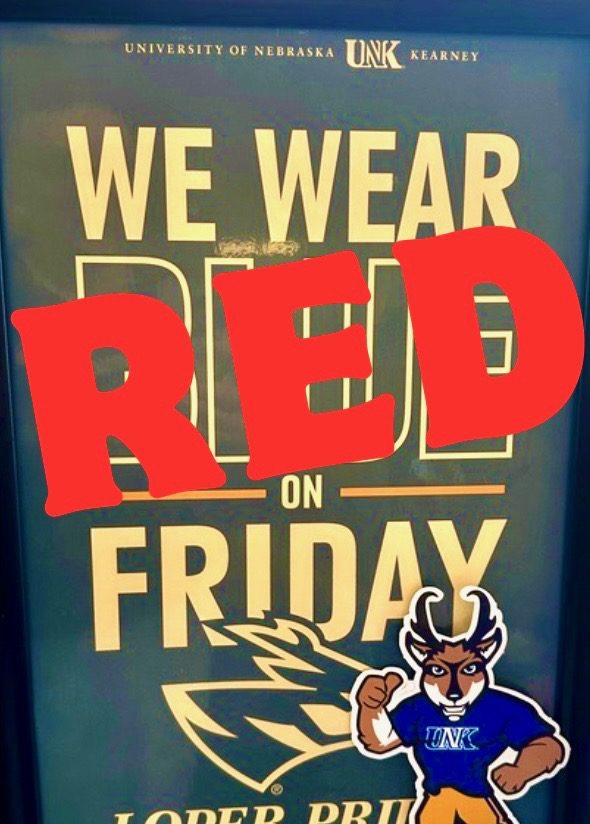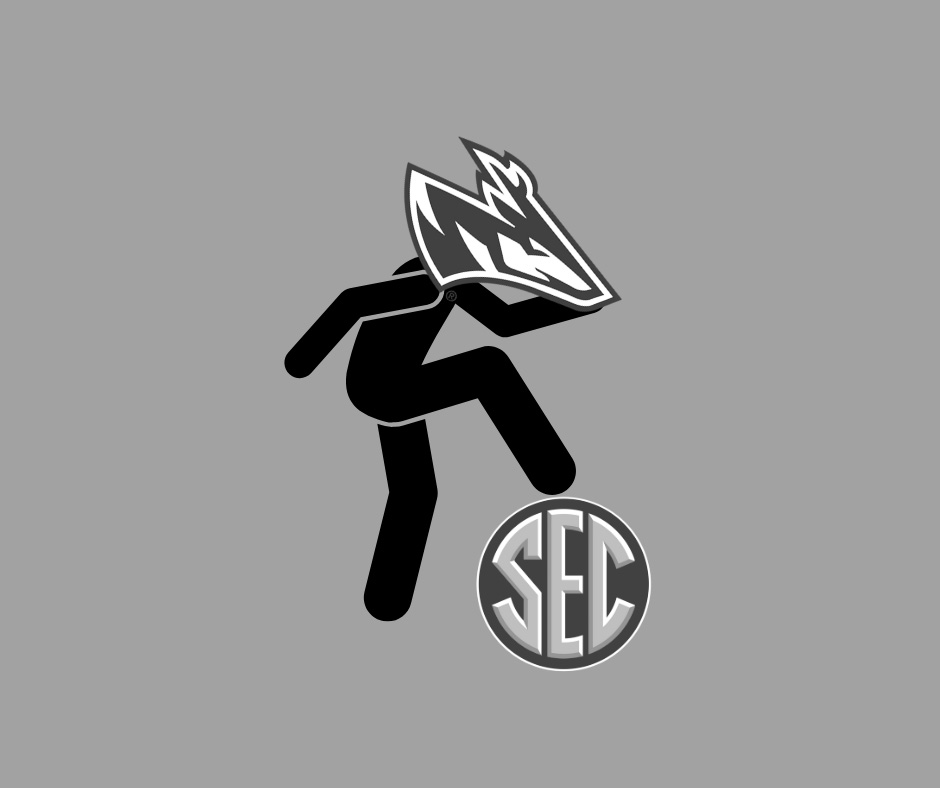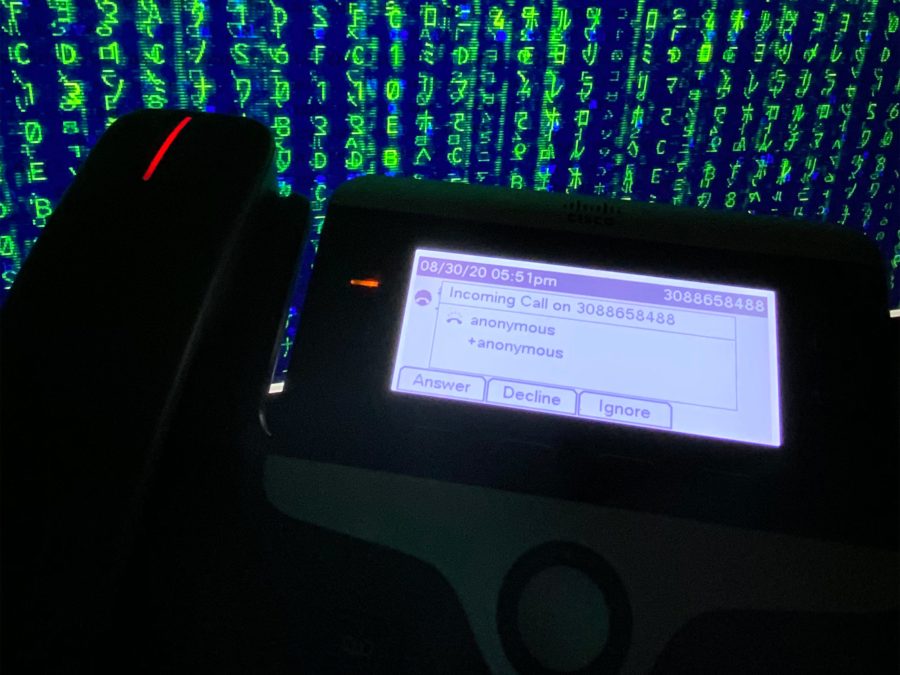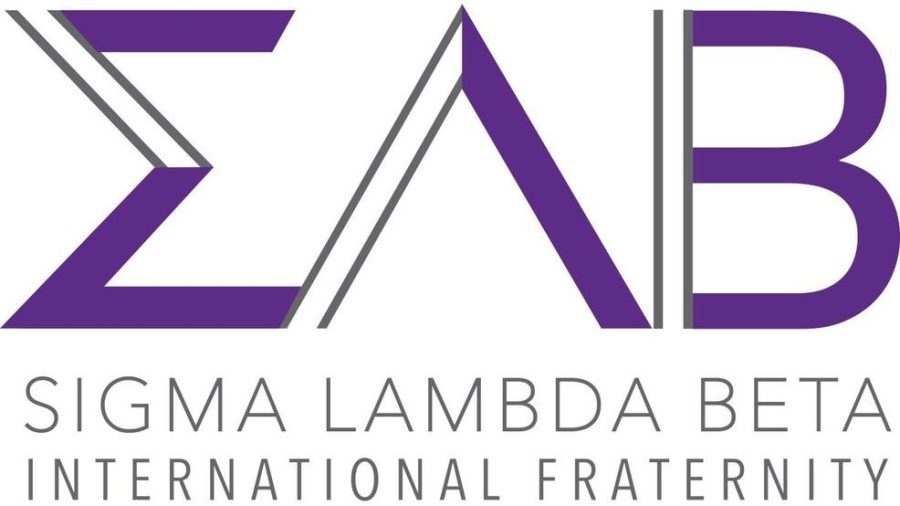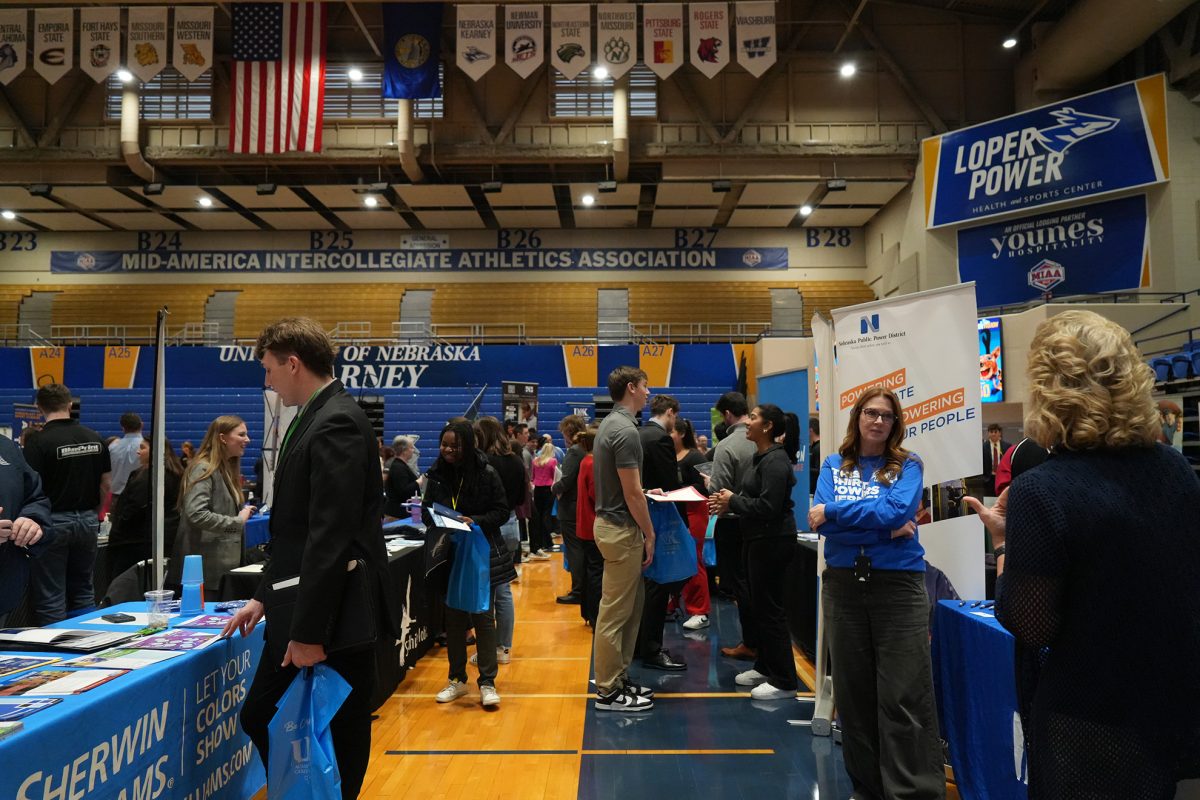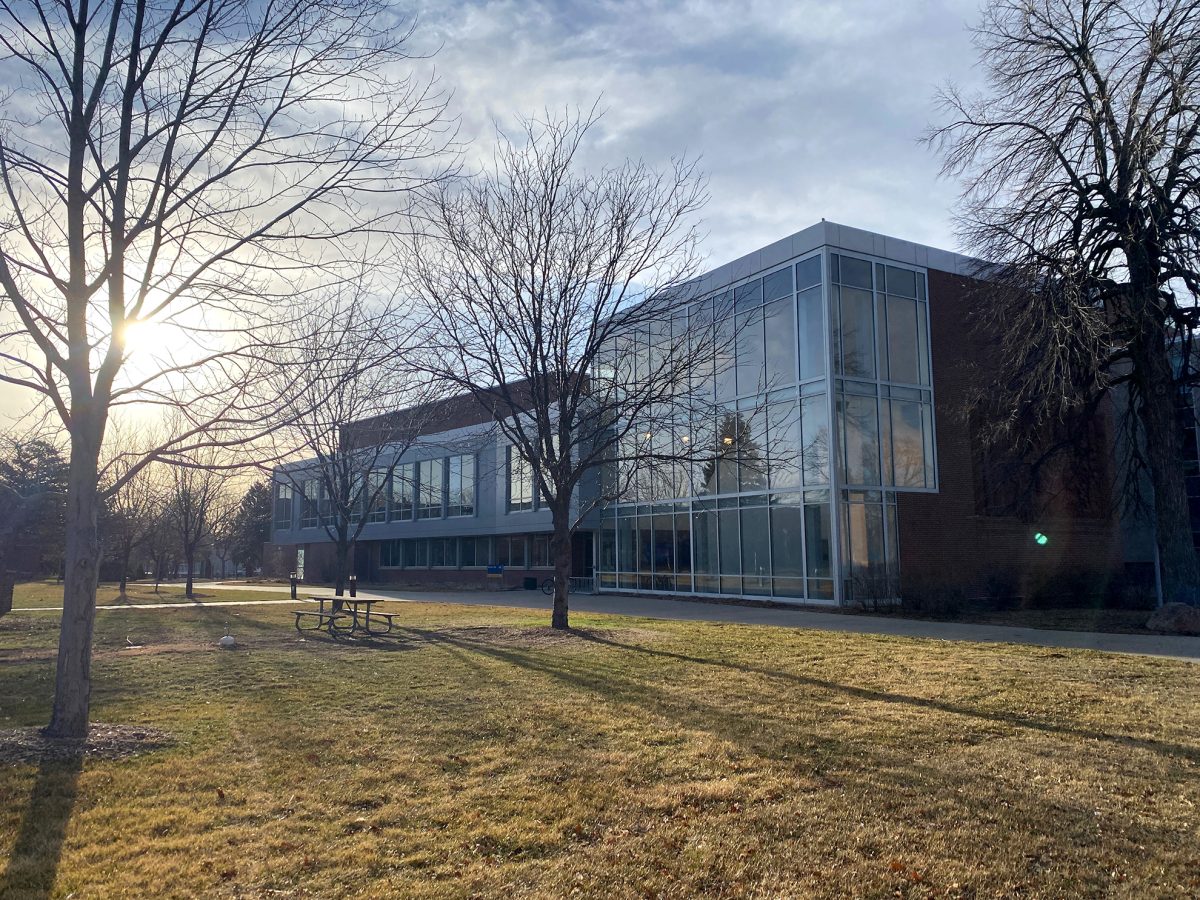pierceha@lopers.unk.edu
Several phishing emails have made their way into the inboxes of UNK students and staff. Thus far, the emails have been financially motivated, but UNKPD warns students to be alert to signs of human trafficking.
The emails targeting students largely have requested cash or a cashier’s check. They request money in some form and promise an opportunity.
“Typically, they tell you you’re going to make some money,” said Jim Davis, UNK’s chief of police.
A few of the emails say they will pay you to place a sticker on your car. Davis iterates it is important that students not meet with people they do not know.
“We’d hate for students to be in a situation where they are in danger and can’t get out,” Davis said.
The emails targeting staff tend to involve posing as a superior. Sergeant Ricci Fast said an office associate may receive an email that appears to be from their dean asking them to purchase gift cards with the explanation that they are in a meeting and will explain later.
Still, other scams seek to acquire compromising knowledge or images and then extort the student for money.
Some students have responded to the emails seeking money. If they withdraw cash from the bank, there is little that can be done. However, UNKPD has been able to stop a handful of payments through PayPal.
It is unsurprising that these emails have targeted college students. The ability to make money quickly makes the scams appealing to college students, Davis said. One email scammer may be across the country or across the world and targeting several colleges and universities at once.
Davis said international students are also specifically targeted. Email scammers may perceive students studying abroad as having more financial resources. A lack of understanding of cultural of norms or the English language may also make these students more susceptible.
When it comes to accessing the directory to send phishing emails, scammers can easily access the structure of UNK emails (@lopers.unk.edu or @unk.edu) and identify student and employee names through social media.
“UNK does not distribute that information,” Davis said.
When UNKPD discovers a new scam or scammer, they report the information to the FBI. The FBI does their best to stop these scams, but the fact that they can originate from anywhere makes their task difficult.
To avoid the scams, students should question the promises in emails.
“If it sounds too good to be true, it is,” Davis said.
Students should also be on the lookout for inconsistencies in email address structure. For example, @unk.edu.com or @unk.e.du is not the same as UNK’s official @unk.edu.
Lastly, students should contact UNKPD if they receive an email they are unsure of.
“Call us. Just call us,” Davis said. UNKPD does their best to intervene before a scam goes through. They would rather be alerted and not needed than needed and not alerted.
“Our biggest goal is just to educate students,” Davis said



